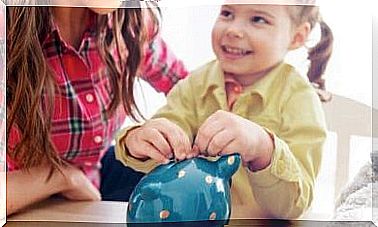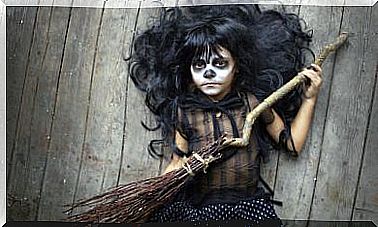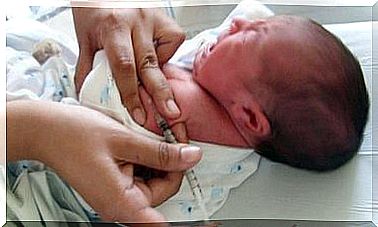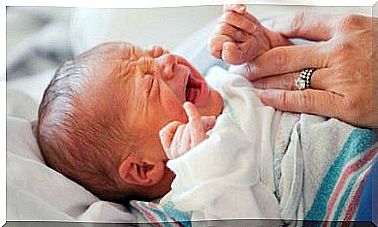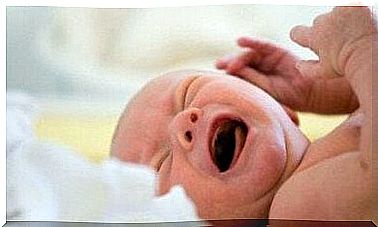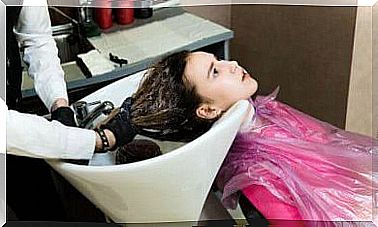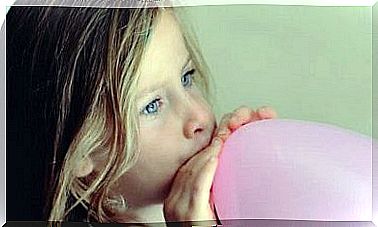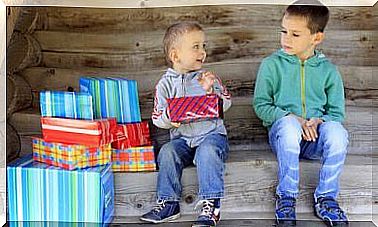How To Help A Hyperactive Child

Various arguments are used to explain this behavioral disorder, including excessive consumption of beverages that contain caffeine. As a result, consultations with psychologists and psychiatrists have increased markedly.
But it is important to be very careful when saying a child is “hyperactive”. This can cause many problems for the little one.
It is not a big deal to have a really hyperactive child or student if they get the right treatment.
However, if the situation is not handled properly, it can create frustrations, insecurity as well as a stressed child.
Some advice on a hyperactive childhood
Restless children
A child who runs without stopping or is constantly moving on a long walk is not necessarily a hyperactive child. The behavioral disorder is manifested differently.
Of course, many children are restless, noisy, like to drive, climb and touch everything they see – this is normal.
The same thing happens with teachers. They lose patience if their class has five, six or seven restless children. They may get annoyed and call their parents to suggest that they talk to a therapist.

Restless children are not hyperactive in the sense that they do not exhibit behavioral disorders. They are just restless children.
If they study, sleep well, are happy, have friends and play, they are completely normal children who are restless.
How do hyperactive children behave?
On the other hand, a hyperactive child is constantly restless, it inhibits the development of normal attitudes in children their age.
Some of the characteristics of hyperactive children include:
- They show learning problems
- They do not respect the rules, whether they are family rules or play rules. This causes problems in connection with other children.
- It is difficult for them to wait, or to be patient.
- They act without thinking, and are impulsive.
- They run around all day. They can run into doors and throw with things.
- They are unable to control their attention, constantly jumping from one subject to another. It seems like nothing interests them.
For these children, it does not pay to get angry. It is unnecessary to ask them to be quiet or finish their task repeatedly before getting up.
They seem to be listening, but after a few minutes they do the same thing again. These symptoms of hyperactivity are technically called ” attention deficit hyperactivity disorder” or “ADHD”.
How to help a hyperactive child
Daily control of children’s hyperactivity is a challenge for the adults responsible for their care and education.
- First , the adult should understand that hyperactivity is not voluntary. The child does not move constantly with a purpose. They can not control themselves. So it is necessary that the responsible adult has this in mind, and helps them change their behavior, in the right way.
- Agreements, rewards and positive encouragement are good methods. For example, “if you stay seated while eating for an entire week, you get the toy you want.” Keep track of their day-to-day successes and reward them.
- The purpose of this may be to get the child to sit still for more than three minutes. Then increase it to five minutes, eight minutes and up until the goal is reached.
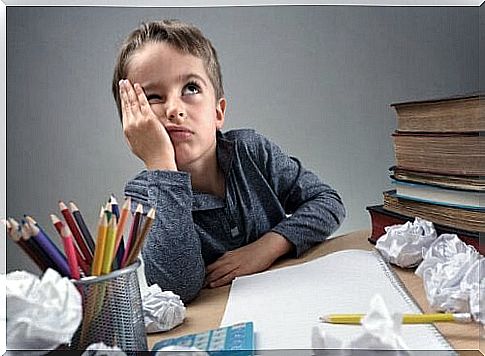
- Manage their attention. To help them focus their attention on one task, it is a good idea to repeat each and every step they need to do. Thus, they will be able to remember it several times. Always say it out loud. Little by little, the child will be able to guide himself, by following these instructions in his mind.
- Limit your consumption of beverages with caffeine and sugar. The relationship between these beverages and hyperactivity is being investigated. It is true that caffeine and large amounts of sugar act as stimulants. Therefore, they cause arousal, making it more difficult to calm the child again.
A strong family is important in helping a hyperactive child. Parents form the basis for children to create their values. The behavior of a hyperactive child depends a lot on their parents.
